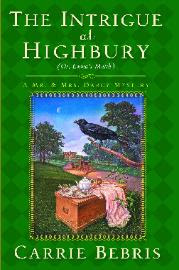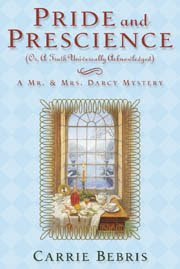Sugar: A Bittersweet History (April $29.95) by Elizabeth Abbot. This social history includes sugar’s roles in the international slave trade and the fast-food revolution. I haven’t read it yet, but it sounds fascinating.
From the publisher:
Sugar: A Bittersweet History is a compelling and surprising look at the sweet commodity, from how it Africanized the cane fields of the Caribbean to how it fueled the Industrial Revolution and jump-started the fast-food revolution. The book explores the hidden stories behind this sweet product, revealing how powerful American interests deposed Queen Lili’uokalani of Hawaii, how Hitler tried to ensure a steady supply of beet sugar when enemies threatened to cut off Germany’s supply of overseas cane sugar, and how South Africa established a domestic ethanol industry in the wake of anti-apartheid sugar embargoes. The book follows the history of sugar to the present day, showing how sugar made eating on the run socially acceptable and played an integral role in today’s fast food culture and obesity epidemic. Impressively researched and commandingly written, Sugar will forever change perceptions of this sweet treat.
More Praise for Sugar from Booklist:
“Sugar is the opiate of the people, lulling forgetfulness and forgiveness of its history of slavery, exploitation, rotting teeth, and depletion of the land. Abbott traces the history of sugar cane from Polynesia to India to the New World, particularly the Caribbean and the American South. Early chapters focus on the history of sugar as a spice, medicine, and aphrodisiac and its transformation from a luxury item for the rich, including gluttonous Queen Catherine, to sweet solace for common people, delivering calories and a boost during the Industrial Revolution. Abbott also details the dark side of the sweet sugar cane, brutal slavery, the subject of a boycott in the abolitionist movement led by William Wilberforce. She ends with the diaspora of sugar production and labor exploitation in the modern age, from the struggle to dominate Hawaii to the geopolitics of Coca Cola and other purveyors of sugary treats. Readers will never again be able to casually sweeten tea or eat sweets without considering the long and fascinating history of sugar.”
“”Fascinating… epic in ambition… there is much to savor in Sugar.” – Wall Street Journal






